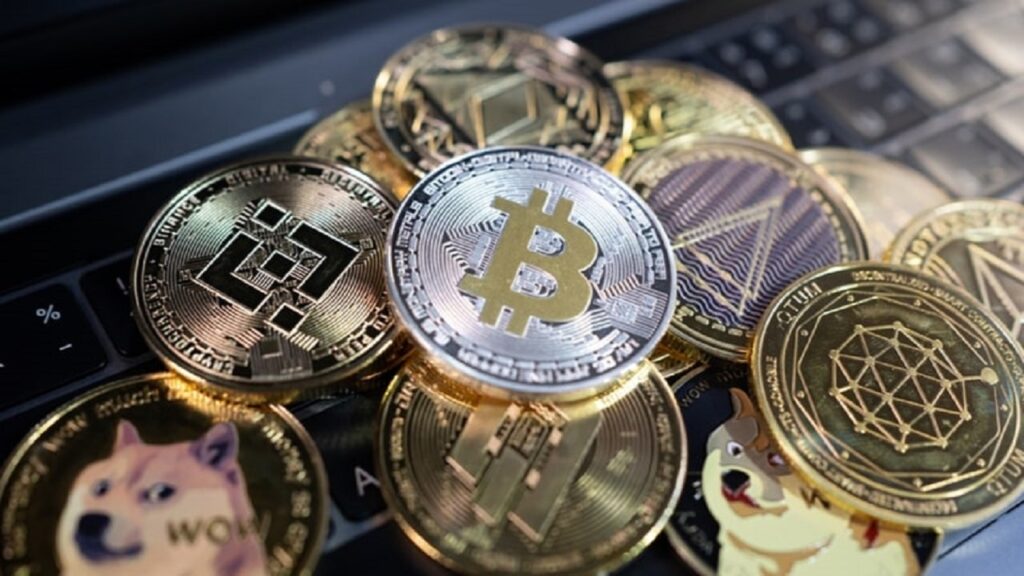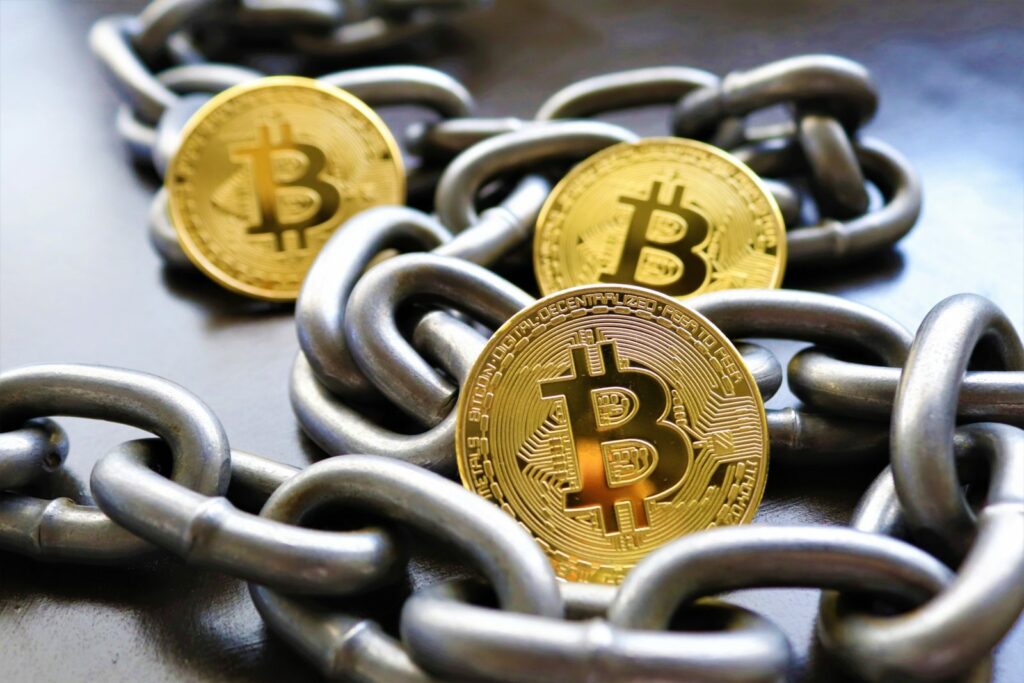Bitcoin and other crypto assets are scratching the brains of Islamic scholars as they try to understand how this new technology fits into Islamic finance, a concept that already dates back 1,400 years. Read on to discover the opinions of various Islamic scholars and the answer to the question: Is Bitcoin halal?
What makes something halal or haram in Islamic finance?
Islamic finance, from the Qur’an and Hz. It covers financial activities in accordance with Sharia law, guiding principles taken from the words of Muhammad. Based on these Islamic rules, some financial activities are allowed (halal) and some are prohibited (haram). This means that Islamic finance is in no way like traditional finance. Because some practices are prohibited for religious reasons. For example, charging excessive interest, riba on loans is considered an exploitative activity as it favors the lender and benefits the borrower.
Bitcoin Comment by Islamic Scholars
The status quo of halal and haram is very clear compared to traditional financial practices. However, things are different when it comes to crypto assets as they are new and complex. For this reason, the issue of whether digital assets are halal or haram has become a topic of discussion for Islamic scholars. Here are various interpretations of Bitcoin (BTC) and cryptocurrencies by Islamic scholars.
Sharia Review Bureau in Bahrain
Scholars said that in 2018, investments in cryptocurrencies such as Ethereum (ETH) and Bitcoin were allowed under Sharia law and therefore halal.
Mufti Taki Usmani
Mufti Taqi Usmani says Bitcoin and other cryptocurrencies are haram because they are used in speculative investments and illegal transactions. He also states that a currency must generally be a medium of exchange under Sharia law. “It becomes haram when used for profit,” he says. This is why, in Usmani’s words, Muslims are not allowed to accept cryptocurrency.
Chairman of HSBC Amanah Malaysia Bhd’s Sharia Committee, Dr. Ziyaad Mahomed
Dr. According to Ziyaad Mahomed, Sharia law does not require currencies to have any real value. Instead, society must agree that a currency is valuable and acceptable in day-to-day transactions. In this view, this probably means that Bitcoin is halal if there is a social consensus to use it as a currency.

Mufti Muhammad Abu Bakr
Sharia advisor Mufti Mohammed Abu-Bakar’s crypto comment triggered a significant surge in BTC and ETH investments within the Muslim community in 2018. He argues that all currencies have a speculative element. This means that the speculative nature of Bitcoin does not necessarily make it haram. Because it is possible to say that all other currencies are speculative in nature. Therefore, in his view, Bitcoin is halal.
Sheikh Shoghi Allam
Egypt’s Grand Mufti Shaykh Shawki Allam says digital assets are haram because they don’t gain enough reputation as currency. His reasoning is similar to other Middle Eastern Sharia scholars who view crypto as high-risk assets. He makes the following statement:
Cryptocurrency trading is illegal in my opinion. This is because it is not approved by legal organizations as an acceptable medium of exchange. Such currencies are used in contraband trade and money laundering.
Asrorun Niam Sholeh
Asrorun Niam Sholeh, head of the religious decrees of the Indonesian council of Islamic scholars. According to him, crypto trading is illegal. Because there are elements of “uncertainty, bet and loss” together in digital assets.

Anas Amatayakul
Anas Amatayakul, the academic who leads the committee that governs the Islamic Bank of Thailand on Sharia, has an interesting view. His fatwa (legal ruling) on crypto is that people should avoid it. But for now. Amatayakul says he is pro-technological change. But he notes that the crypto space is moving very quickly. Therefore, he states that Muslims should avoid it for now in order to protect their wealth.
North American Fiqh Council
The unanimous fatwa of the North American Fiqh Council states that Bitcoin is halal under Sharia law.
Malaysian Security Commission Sharia Advisory Council Branch
The view of this council is similar to the position taken by the North American Fiqh Council. Members of this council note that crypto trading and investment complies with Sharia law.
London-based Shacklewell Lane Mosque
Shacklewell Lane Mosque was one of the first mosques in the UK to accept crypto donations in 2018. It shows that their leaders see crypto assets as halal.
Presidency of Religious Affairs of Turkey
In Turkey, the Presidency of Religious Affairs says cryptocurrencies are speculative assets. It also states that it is not controlled by any central authority, it is used in illegal activities and its trading is ‘improper’. For this reason, cryptocoin.comAs you follow, it considers it haram.

So is Bitcoin Halal or Haram?
It is clear that Sharia scholars are divided when it comes to the halal or haram status of Bitcoin. Those who say that Bitcoin and other cryptocurrencies are haram are mostly focused on speculation. They also talk about illegal activities associated with Bitcoin markets. In addition, they cite the absence of a central authority as supporting factors for their position.
On the other hand, scientists who consider Bitcoin halal look at the following points.
- Decentralization: BTC is decentralized, thus preventing abuse by centralized authorities.
- Transparency: It is possible for everyone to see Bitcoin transactions.
- Islamic contract rules: According to these rules, Bitcoin must be a commodity in order to be considered halal. Good implies effective storage and possession. Bitcoin fits these criteria. Because people have the opportunity to have it. Also, it’s possible for them to hide it. So, it has commercial value.
- Anti-interest: The concept of Bitcoin arises from the need to empower society rather than profiting for its founder(s).
This means that Bitcoin can be halal or haram depending on the situation. For example, Egypt and Turkey adopt the stance of haram. However, Malaysia and Bahrain consider Bitcoin halal based on their scientific comments above. Also, the predominantly Muslim countries UAE and Saudi Arabia are planning to create their own digital currencies in the form of central bank digital currencies (CBDCs). This indicates a generally positive view towards digital assets in these jurisdictions.
Contact us to be instantly informed about the last minute developments. twitter‘in, Facebookin and InstagramFollow and Telegram and YouTube join our channel!
Risk Disclosure: The articles and articles on Kriptokoin.com do not constitute investment advice. Bitcoin and cryptocurrencies are high-risk assets, and you should do your due diligence and do your own research before investing in these currencies. You can lose some or all of your money by investing in Bitcoin and cryptocurrencies. Remember that your transfers and transactions are at your own risk and any losses that may occur are your responsibility. Cryptokoin.com does not recommend buying or selling any cryptocurrencies or digital assets, nor is Kriptokoin.com an investment advisor. For this reason, Kriptokoin.com and the authors of the articles on the site cannot be held responsible for your investment decisions. Readers should do their own research before taking any action regarding the company, assets or services in this article.
Disclaimer: Advertisements on Kriptokoin.com are carried out through third-party advertising channels. In addition, Kriptokoin.com also includes sponsored articles and press releases on its site. For this reason, advertising links directed from Kriptokoin.com are on the site completely independent of Kriptokoin.com’s approval, and visits and pop-ups directed by advertising links are the responsibility of the user. The advertisements on Kriptokoin.com and the pages directed by the links in the sponsored articles do not bind Kriptokoin.com in any way.
Warning: Citing the news content of Kriptokoin.com and quoting by giving a link is subject to the permission of Kriptokoin.com. No content on the site can be copied, reproduced or published on any platform without permission. Legal action will be taken against those who use the code, design, text, graphics and all other content of Kriptokoin.com in violation of intellectual property law and relevant legislation.
